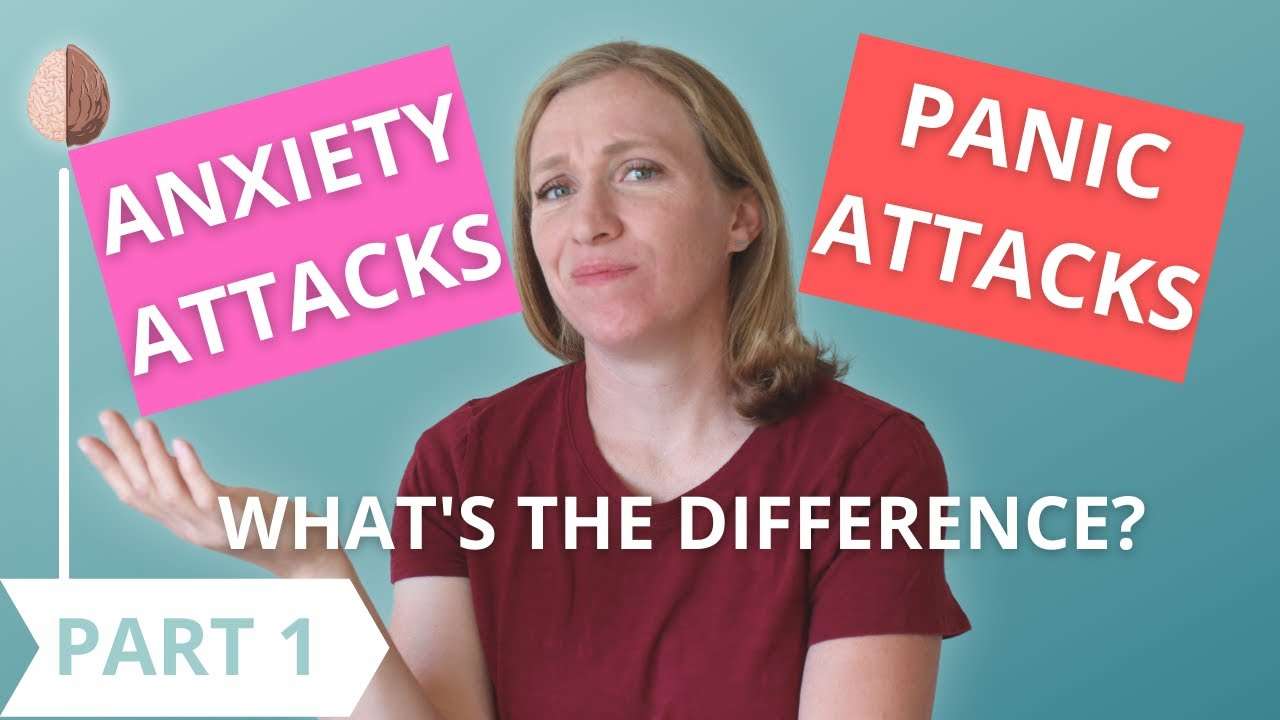FIND SCHOOLS
1
2
3
4
!- mfunc search_box_body -><!- /mfunc search_box_body ->
What Is Community Psychology?
 The health of a community as a whole often affects each individual person in that particular community. If several individual community members suffer from a particular mental disorder, social problem, or negative economic status, the overall health of the community will often suffer as a result. These are the types of ideas that community psychologists focus on.
The health of a community as a whole often affects each individual person in that particular community. If several individual community members suffer from a particular mental disorder, social problem, or negative economic status, the overall health of the community will often suffer as a result. These are the types of ideas that community psychologists focus on.
Community psychology is a branch of psychology that involves the study of how individuals relate to their communities and the reciprocal affect of communities on individuals. Researching unpleasant, undesirable, or problem situations in a community allows these psychologists to uncover ways to make improvements.
In general, there are a couple ways to change a community problem:
- First-order change involves changing the individuals themselves. Treating each individual’s substance abuse problem, for instance.
- Second-order change involves researching and changing a system or structure, more or less to help prevent problems before they start. In conjunction with the first example, this may involve researching and understanding why so many community members are abusing drugs or alcohol and working toward preventing it.
Community psychology started sometime around the middle of the 20th century. It was around this time that society as a whole was becoming slightly less conservative. This, in turn, made some less common social problems more prominent. Because of this, social psychologists at this time began to become more and more interested in certain social problems and community well-being.
In 1965, nearly 40 psychologists met in Swampscott, Massachusetts. The purpose of the Swampscott Conference was to discuss and consider the possibility of training professionals to focus on the mental and social health of communities. This conference was the beginning of community psychology as we know it today.
What Are the Education Requirements to Become a Community Psychologist?
!- mfunc search_btn -><!- /mfunc search_btn ->
In order to start community psychologist careers, individuals will typically need to enroll in a four year psychology degree program. Some universities and colleges may even offer community psychology degrees for those interested in a more focused education.
Although a four year degree may open some career doors, more advanced degrees are usually recommended. After graduating from a four year psychology degree program, those looking to pursue community psychology careers should consider earning Master’s degrees and a Doctorate degree.
Why Do We Need Community Psychology?
At times, the problems of the individuals in a community can quickly become the problems of the community. Problems such as homelessness, teen pregnancy, substance abuse, and AIDS or HIV can be very draining on a community’s resources.
Community psychologists help keep prevent these problems by examining their causes. Without the help of these psychologists, community problems would most likely be much worse.
What Does a Community Psychologist Do?
In short, a community psychologist is a problem solver. These types of professionals are often presented with problems that are affecting certain communities. They will then research the problem and find out why it is a problem, and what the best way to fix it would be.
When solving community problems, community psychologists will often work closely with several important community members. This may include local government officials, law enforcement officers, social service employees, and school officials. During their research, community psychologists will also speak and interact with all types of other community members, from the “Average Joes” to the more down and out sorts.
Where Does a Community Psychologist Work?
A community psychologist might work in several different types of settings. In some cases, who a community psychologist works with may be determined by the type of problem a community faces.
Some may work directly for local governments, such as city councils or town board members. Others might work at local shelters, substance abuse treatment centers, or schools. Research centers might also have a need for community psychologists as well.
What is the Median Salary of a Community Psychologist?
According to the Bureau of Labor Statistics (BLS), community psychologists (categorized by the BLS as psychologists, all other) earned a median salary of $101,790 as of May 2019.
Community psychologists often work for local, state, and federal governmental agencies, for community health agencies, in substance abuse treatment hospitals, and in schools, among others, where they earn the following average salaries:
- Federal government: $94,670
- State government: $104,280
- Psychiatric and substance abuse hospitals: $73,000
- Elementary and secondary schools: $106,860
Influential Community Psychologists
-
Paul Watzalwick – along with John Weakland and Richard Fisch – explains first-order change and second-order change in the book Change: Principles of Problem Formation and Problem Resolution. In this book, it is also stated that the solutions to certain problems can usually be found by studying the problems themselves.
-
Robert Reiff was elected as the first president of the American Psychological Association’s Division of Community Psychology in 1967. In 1974, the division awarded him for “distinguished contributions to community psychology and community mental health.”
Additional Resources and Further Reading
!- mfunc search_btn -><!- /mfunc search_btn ->
Community Psychologists: What do they do and how to become one
Community psychologists work to solve community problems. There are two main types of community psychologists. Clinical community psychologists are mental health providers who work in community settings (generally, the public sector). They are qualified to provide mental health services directly. Their patients may be individuals who have few resources and/ or are not well integrated into the larger community. Community psychologists may develop programs or evaluate existing ones. They may carry out research.
<!- mfunc feat_school ->
!- mfunc feat_school ->
!- /mfunc feat_school ->
Community psychologists may focus on particular populations: for example, rural populations or the elderly.
Nonclinical community psychologists do not treat individual patients. Instead they work on affecting change on a macro level. Social psychology and social action are often entwined. One resource is the American Psychological Association’s Society for Community Research and Action – Division 27: Community Psychology. Division 27 interest groups include the following:
- Rural psychology
- Aging
- Community psychology in applied settings
- Children and youth: prevention
- International community psychology
Community psychologists may also be interested in Division 18: psychologists in public service. This division includes a section for psychologists serving in state and community hospitals and another for psychologists who work with Native American and Native Canadian peoples.
The Social Science Network includes web addresses of other sites that may be of interest to community psychologists and to students who are considering the field.
Education and Training for Community Psychologists
A person may take classes in community psychology at the bachelor’s level, but clinical practice generally requires a doctoral degree.
Grand Canyon University (GCU) offers a variety of Master’s in Psychology programs modeled after the standards and recommendations set by the American Psychological Association with emphases in: Forensic Psychology, General Psychology, GeroPsychology, Health Psychology, Human Factors Psychology, Industrial and Organizational Psychology and Life Coaching. Three Bachelor’s in Psychology programs are also offered. Click here to learn about GCU and their programs.
Southern New Hampshire University (SNHU) offers online Bachelor’s and Master’s in Psychology programs with several emphases to select from as well as a CACREP accredited online Master’s in Counseling. Click here to learn about SNHU and their programs.
Click Here to learn more about psychology education options based on your current educational attainment.
A student who opts for clinical-community psychology is essentially doing a community concentration within a clinical psychology program. In some cases, this means taking coursework from two related disciplines. Some programs integrate information about local populations into many courses, including the standard ones (like individual differences) that are required for licensure. Alaska programs, for example, emphasize the needs of rural and indigenous people. If a program is APA-accredited, the student will usually find it relatively easy to achieve licensure later.
Other community psychology programs prepare students for careers in research and public policy. These will not be accredited by the APA. Programs are available at both the master’s and doctoral levels.
Licensing and Certification
A clinical community psychologist will need state licensing unless he or she works in a setting that has been specifically exempted. In addition to earning a qualifying degree, a candidate must complete a supervised practice requirement and pass one or more licensing examinations.
Licensure is generally not required for research. (Individual states determine what settings or roles may be exempted from licensing requirements. Some individuals find it advantageous to pursue licensure, though, even when it is not a hiring mandate.)
Some licensed psychologists seek board certification through the American Association of Professional Psychology (ABPP). The ABPP does not offer certification in community psychology per se, but offers a group psychology certification as well as clinical certifications (http://www.abpp.org/i4a/pages/index.cfm?pageid=3349).
APA divisions award fellowship status to a small percentage of members: those who distinguish themselves in their respective fields.
Career Outlook for Community Psychologists
The Bureau of Labor Statistics reports that jobs for psychologists are growing at a rate well above the average. Psychologists who provide clinical or health care services in individual and family service settings averaged $64,730 in 2012 – a little lower than the average for all settings (http://www.bls.gov/oes/current/oes193031.htm).
A recent APA report detailed earnings of individuals who were newly employed as doctoral level psychologists (http://www.apa.org/workforce/publications/09-doc-empl/table-11.pdf). The median starting salary for clinical psychologists was $61,000, but salaries varied a good deal by setting. The median starting salary was lowest at community mental health centers ($49,000) and highest in the criminal justice system ($81,000).
The median salary for human services administration was $62,000. For research, it was $60,000.



